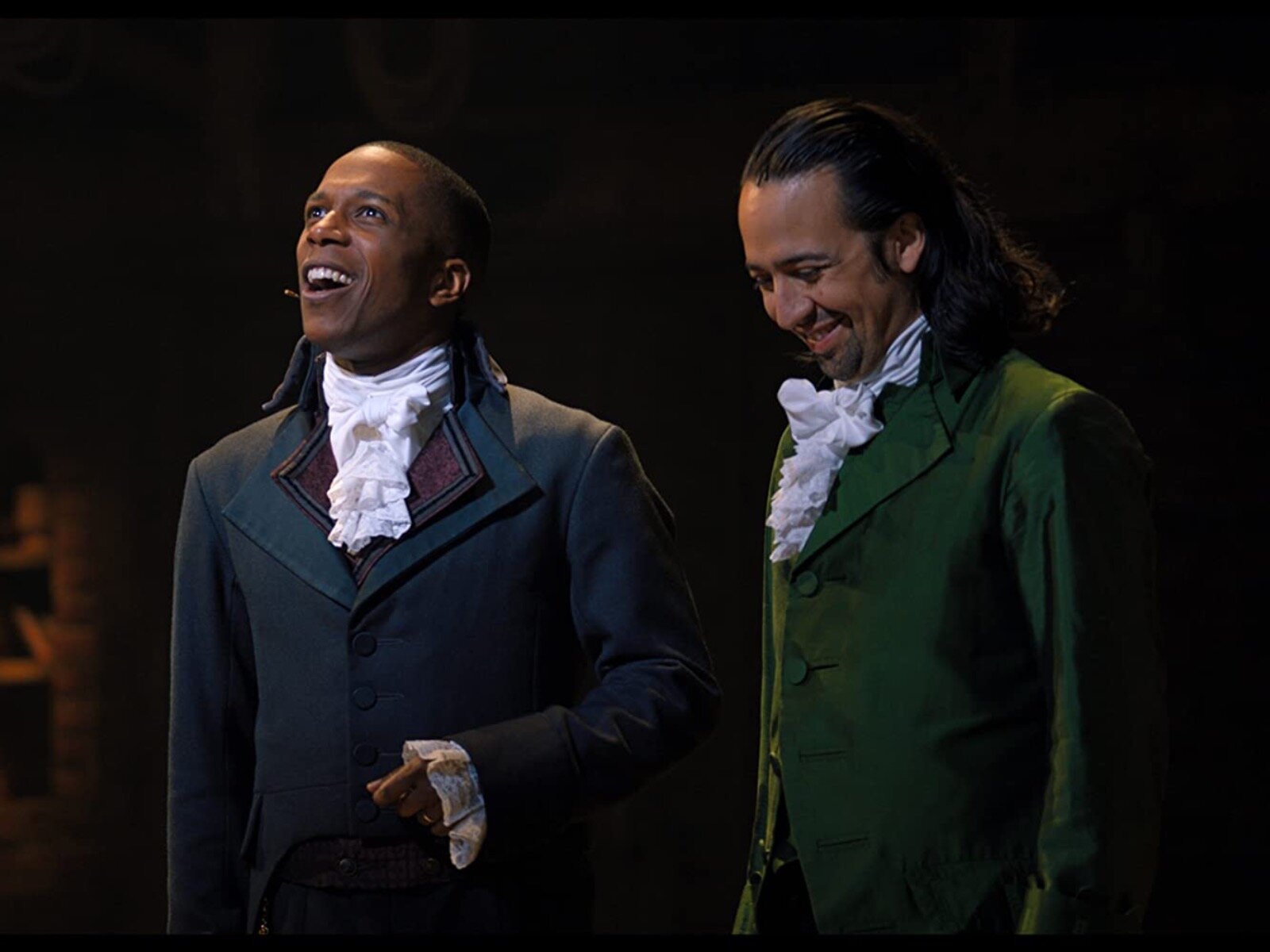While Michael Bay was making robots go boom and Shia LaBeouf scream "OPTIMUS!" for the 40 billionth time, there was a little passion project on Bay’s radar called "Pain and Gain." With the Miami locale, the potential for a whole lot of violence and plenty of perfect bronzed bodies, it’s easy to see why the polarizing director would be interested in the true crime story. It’s also easy to see why studios would be hesitant to fund an odd black comedy about psychotic, bumbling bodybuilders torturing and killing people for money.
After making Paramount piles of cash with the "Transformers" films, however, the studio gave Bay $25 million to make his little pet movie. The final product is the Michael Bay-iest movie Michael Bay has ever made. A large portion of readers, weary of Bay’s signature bloated, "explosions are awesome KABOOM!," go-big-or-go-home brand, likely just read that last sentence and shuddered in fear. But here’s the twist: It turns out "Pain and Gain" is a roided-out freak-child of a film that’s a lot of bizarre fun.
Based on a 1999 Miami New Times series by Pete Collins, the movie follows the real-life exploits of the "Sun Gym gang," the name of an inept band of bodybuilders-turned-criminals hoping to move beyond their ho-hum lives in Miami in the ’90s. Their leader is the always pumped-to-the-max Daniel Lugo (Mark Wahlberg), who one day decides he’s had enough of scraping together cash for bills and being considered a second tier citizen.
Lugo’s twisted brain gets churning, and he dreams up a devious plan: He's going to kidnap one of his wealthy gym members, Victor Kershaw (Tony Shalhoub), and torture him into signing over all of his money and beautiful properties. After all, this is America; in Lugo's eyes, he's worked just as hard, and he deserve that money. He's a doer, not a don't-er, as he picks up from a sleazy motivational speaker.
Alongside his co-worker Adrian (Anthony Mackie), and new partner-in-crime and reformed ex-con Paul Doyle (The Rock), Lugo sets off to kidnap the smug, obnoxious Kershaw. Their amateur heist succeeds (after about the eighth attempt) but since Kershaw manages to identify Lugo’s voice, their bumbling plan now requires them to kill their victim after stealing all of his money and property.
It works … except for the part about killing Kershaw, who manages to survive an explosive fake car crash (it’s a Michael Bay movie after all; the crash has to end in a massive fireball) and getting run over.
The police don’t believe Kershaw's absurd tale of lethal bodybuilders and abuse, however, so he hires a private detective, Ed Du Bois (Ed Harris), to help find the gang, who are now living the American dream on Kershaw’s dime. And Du Bois figures once they run out of Kershaw's money, they'll move onto someone else's piggy bank with perhaps even worse results.
For better or worse, "Pain and Gain" feels like a collection of Bay’s impulses, guided by his entertain-at-all-costs mindset. Bay still has distain for anybody who isn’t physical perfection – especially it they're women – and a deep fascination for strippers; the gang’s first trip to the strip club gets an extended montage of glamorous half-naked women in a shower of confetti.
There’s also an uncomfortable amount of homophobia – a side plot involving a gay priest, a hideout packed with homoerotic sex toys – something Bay apparently finds incredibly hilarious.
These elements feel more at home in a pitch black comedy like this, where morality is expected to be bent, but it’s still unsettling to try to find the line between the characters’ sexist and homophobic world view, and the filmmaker’s.
So it’s a drastically uneven film, with raucous laughs coming immediately after awkward moments, and its cartoony excesses occasionally make for a tonally roughshod experience. There are surprisingly more hits than misses, however. Bay has always been a visually compelling director, and "Pain and Gain" is no different.
He keeps the film and its bizarrely fascinating true crime story moving at a zippy, vibrant clip (until the last 15 minutes, which could have been heavily cut down). Then again, it wouldn’t be a Michael Bay movie without being bloated and overlong.
Even when the script – written by Christopher Markus and Stephen McFeely – throws in a whole gallon of voiceover, it earns forgiveness. Yes, flipping constantly between narrators is hectic and somewhat lazy storytelling, but it makes for some very amusing comedic moments – like
The Rock and Mackie’s different reactions to Wahlberg’s first kidnapping plan – and it almost sounds like courtroom testimony. It falls somewhere in between sloppy and inspired, surprisingly more times toward the latter.
His greatest success – and probably the main reason why the film works as a whole – is the casting. Wahlberg makes for an entertaining and charismatic lead buffoon, with his breathless enthusiasm only to be matched by his murderous disregard for others. Mackie is amusing as well as Adrian, who fights off steroid-induced erectile dysfunction throughout the film.
Bay surprising shows some restraint with some of his more polarizing supporting characters, including Rebel Wilson from "Pitch Perfect" and Ken Jeong from, well, almost every comedy nowadays. He gives the audience just enough to wring a few laughs before overstaying their welcome.
The movie’s strongest muscle, however, is The Rock. For a while now, I’ve tried to convince others that the former wrestling star is a certified movie star – think Arnold Schwarzenegger but with more acting talent – and "Pain and Gain" utterly validates my argument.
He’s got an unbelievable amount of star charisma, and the way he delivers his lines makes even the most disregarded toss-off line worthy of a laugh. There’s a reason why Bay kept his character around throughout the entire movie though the real life Paul Doyle, Carl Weekes, was gone for most of the second half of the story. He’s simply too energetic and entertaining of an actor to leave on the sideline for too long.
His character, an ex-con trying to reform himself from his past of drugs and alcohol but lured back in by debts and Lugo’s crafty sell, also helps give the movie the hint of a soul needed to give the black comedy just a dash of humanity. He also does a face-full of cocaine off of a stripper’s butt. Your move, Oscar voters.
Strangely enough, between all of Bay’s typical energetically cartoonish – and many times juvenile – excess, there’s actually a decent satirical critique tucked away inside "Pain and Gain" about the misunderstanding and horrible mangling of the American dream. Our antiheroes want what they believe is rightfully theirs, and they all want to improve, but whether it be steroids in the gym or white-collar crime on the street, taking is not the same as earning.
It’s a surprisingly cynical outlook from Hollywood’s number one explosion-happy flag-waver. Is it possible that, between "Pearl Harbor" and the "Transformers" trilogy, we’ve simply misunderstood Michael Bay?
Nah. He just found a story overblown and ridiculous enough to match his own bad taste and ridiculousness. Any nuance amidst the entertaining absurdity is probably just lucky. But hey, accidental nuance is still better than none.
As much as it is a gigantic cliché to say that one has always had a passion for film, Matt Mueller has always had a passion for film. Whether it was bringing in the latest movie reviews for his first grade show-and-tell or writing film reviews for the St. Norbert College Times as a high school student, Matt is way too obsessed with movies for his own good.
When he's not writing about the latest blockbuster or talking much too glowingly about "Piranha 3D," Matt can probably be found watching literally any sport (minus cricket) or working at - get this - a local movie theater. Or watching a movie. Yeah, he's probably watching a movie.







